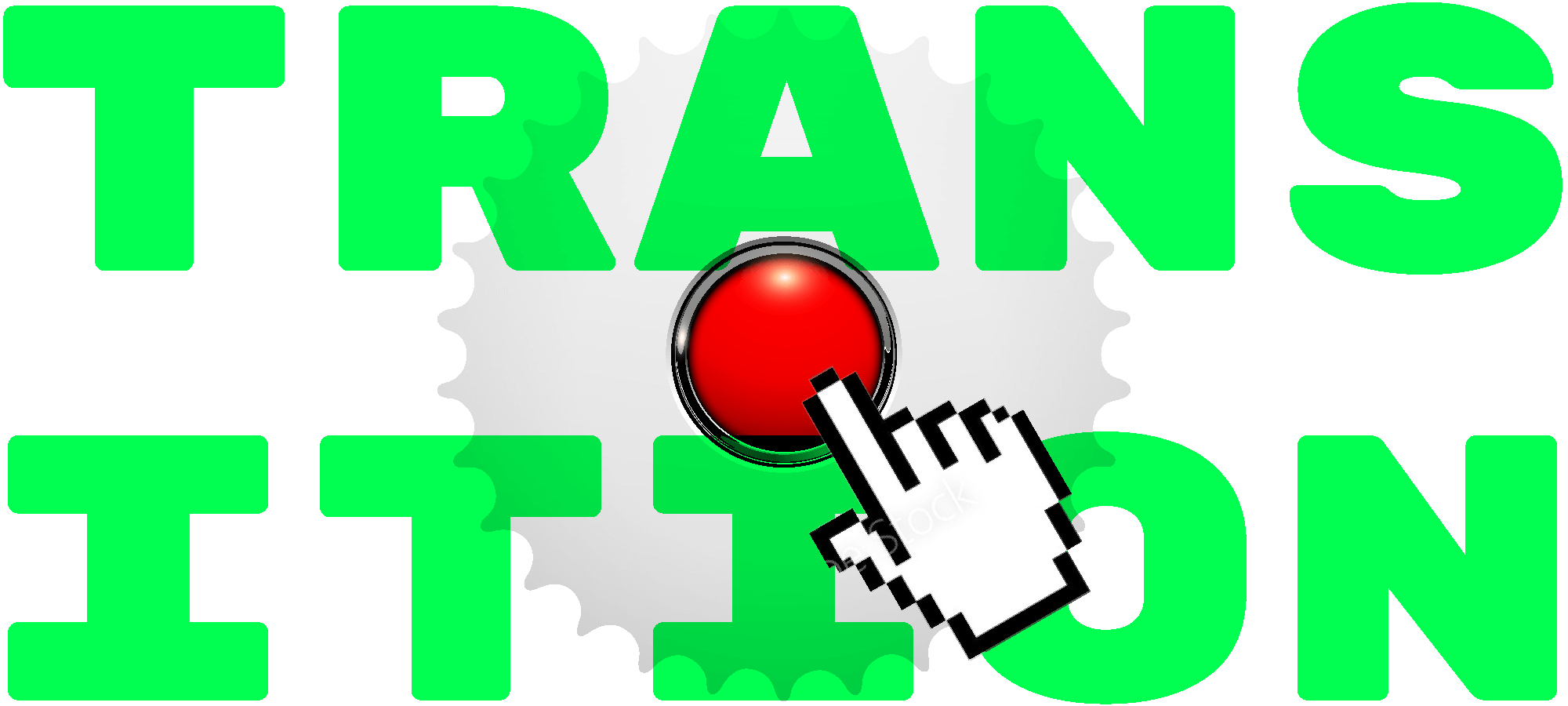Pushing the Wrong Button
The EU is leading efforts to destroy the Russian economy. This does not help Ukrainians and will likely accelerate the events Superbubble anticipates: the transition to a new monetary order.

This post is for paying subscribers only
Already have an account? Sign in.
